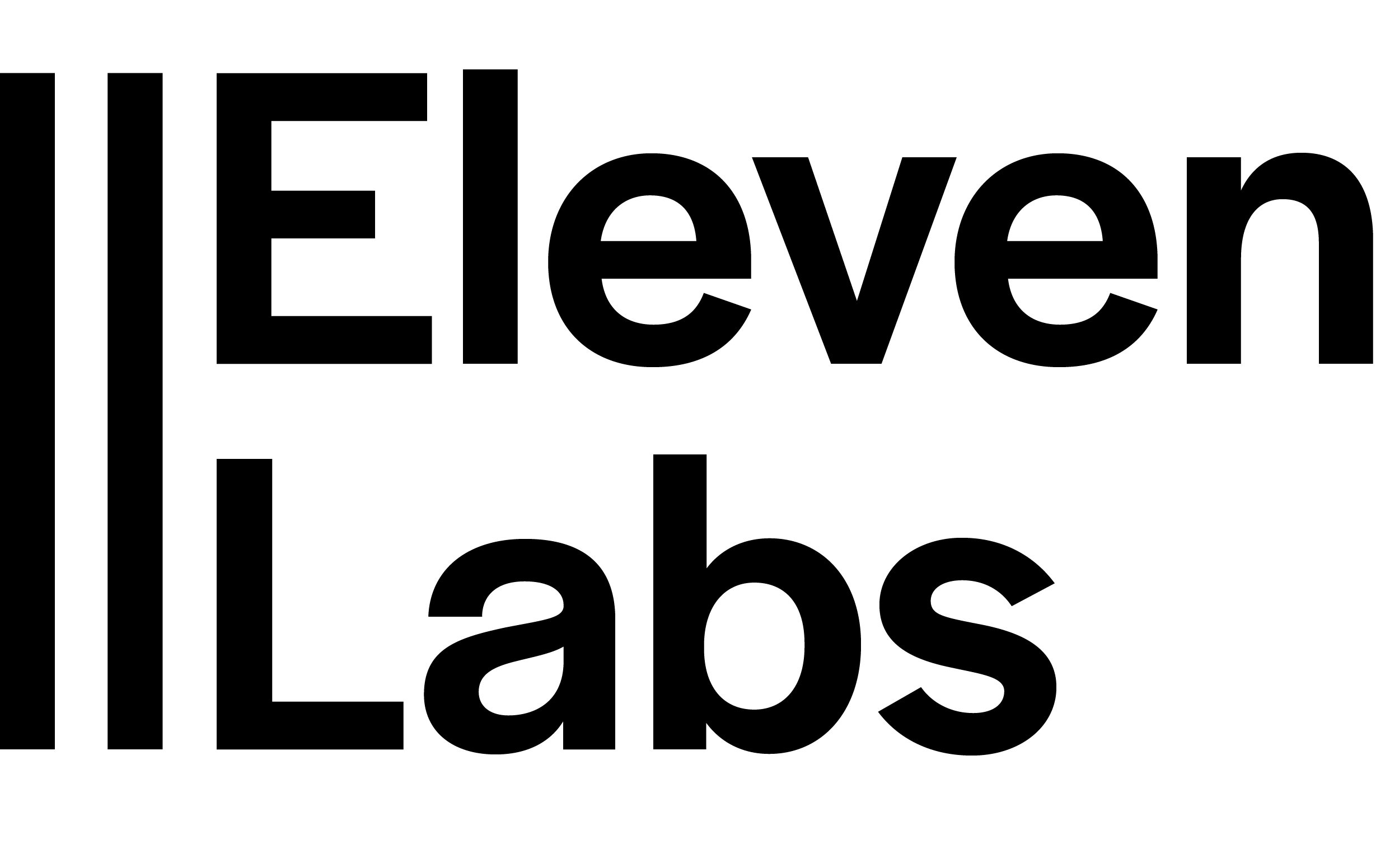ChatGPT's Laziness Problem Addressed by Open AI
daiverse
Monday, 05 February 2024 11:09

This article provides an in-depth exploration of ChatGPT's journey, highlighting its progress in addressing laziness, driving innovation, and shaping the future of AI-powered chatbots.
OpenAI has recently begun addressing user concerns regarding ChatGPT's occasional tendency to exhibit laziness, aiming to enhance the chatbot's responsiveness and informativeness.
ChatGPT, the groundbreaking AI-powered chatbot developed by OpenAI, has taken the world by storm. While it has impressed users with its capabilities, feedback has also revealed areas for improvement. This article explores how ChatGPT is addressing these concerns and driving innovation in the field of AI-powered chatbots.
### AI is More Human than We Thought
One of the criticisms leveled against ChatGPT is its tendency to exhibit laziness, providing unhelpful or evasive responses. OpenAI has acknowledged this issue and is actively working to improve the chatbot's performance. By fine-tuning its algorithms and incorporating user feedback, ChatGPT is becoming more comprehensive and responsive, delivering more informative and engaging answers.
### Laziness in Chatbots: The Case of ChatGPT
Laziness in chatbots refers to their tendency to provide unhelpful, evasive, or incomplete responses to user queries. This can be a frustrating experience for users, who expect chatbots to be informative and responsive.
ChatGPT, the popular AI-powered chatbot developed by OpenAI, has also been criticized for exhibiting laziness at times. Users have reported instances where ChatGPT provides generic or irrelevant answers, fails to engage in meaningful conversations, or simply refuses to answer certain questions.
### Reasons for Laziness in ChatGPT
* Lack of Context: ChatGPT does not have access to real-time information or the ability to understand the context of a conversation in the same way that humans do. This can lead to ChatGPT providing inaccurate or irrelevant responses.
* Over-Reliance on Pre-Trained Data: ChatGPT is trained on a vast amount of data, but it can sometimes become overly reliant on this data and struggle to generate original or creative responses. This can result in repetitive or formulaic answers that lack depth and insight.
* Difficulties in Handling Complex Queries: ChatGPT may struggle with complex or ambiguous questions that require a deep understanding of the subject matter. In such cases, ChatGPT may provide oversimplified or incorrect answers.
### Addressing Laziness in ChatGPT
OpenAI is actively working to address the issue of laziness in ChatGPT, aiming to make the chatbot more informative and responsive. This includes:
* Fine-Tuning Algorithms: OpenAI continuously refines ChatGPT's algorithms to improve its performance. By adjusting the model's parameters and weights, OpenAI enhances ChatGPT's ability to understand and generate text, leading to more informative and coherent responses.
* Incorporating User Feedback: OpenAI closely monitors user feedback to identify areas where ChatGPT can be improved. The company utilizes this feedback to adjust the chatbot's training data and algorithms, helping it learn from its mistakes and provide better responses in the future.
* Exploring New Techniques: OpenAI is also exploring innovative techniques to enhance ChatGPT's capabilities. This includes research into more advanced AI architectures, such as transformer models with larger capacities. Additionally, OpenAI is investigating the use of reinforcement learning to train ChatGPT, allowing the chatbot to learn from its interactions with users and improve its responses over time.
By implementing these strategies, OpenAI aims to minimize instances of laziness in ChatGPT and provide users with a more helpful and engaging experience.
## Laziness Driving Innovation
The challenges faced by ChatGPT have also served as catalysts for innovation in the field of AI-powered chatbots. Developers and researchers are exploring new approaches to create chatbots that are more helpful, informative, and user-friendly. This spirit of innovation is the development of next-generation chatbots that can handle complex queries, engage in meaningful conversations, and assist users with a wide range of tasks.
## The Future of AI-Powered Chatbots
As ChatGPT continues to evolve and new players enter the market, the future of AI-powered chatbots looks promising. These chatbots have the potential to revolutionize the way we interact with technology, providing us with personalized assistance, enhancing our productivity, and opening up new possibilities for communication and collaboration.
### Conclusion
ChatGPT's evolution showcases OpenAI's dedication to addressing user concerns and fostering innovation in AI-powered chatbots, paving the way for a future where these tools seamlessly integrate into our lives.
sponsored
- clone your own voice
- choose from thousands of voices
- reach audiences worldwide in 32 languages
tags
ChatGPT
laziness in chatbots
genAI
daiverse
 natural ai speech synthesis
natural ai speech synthesis